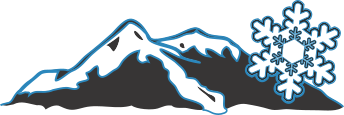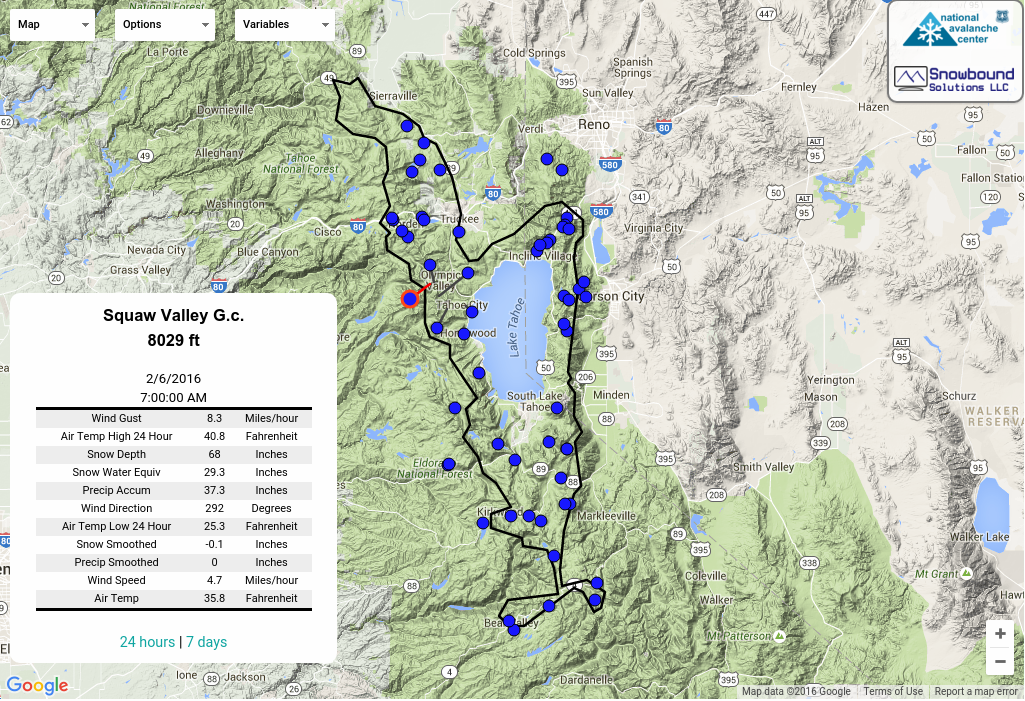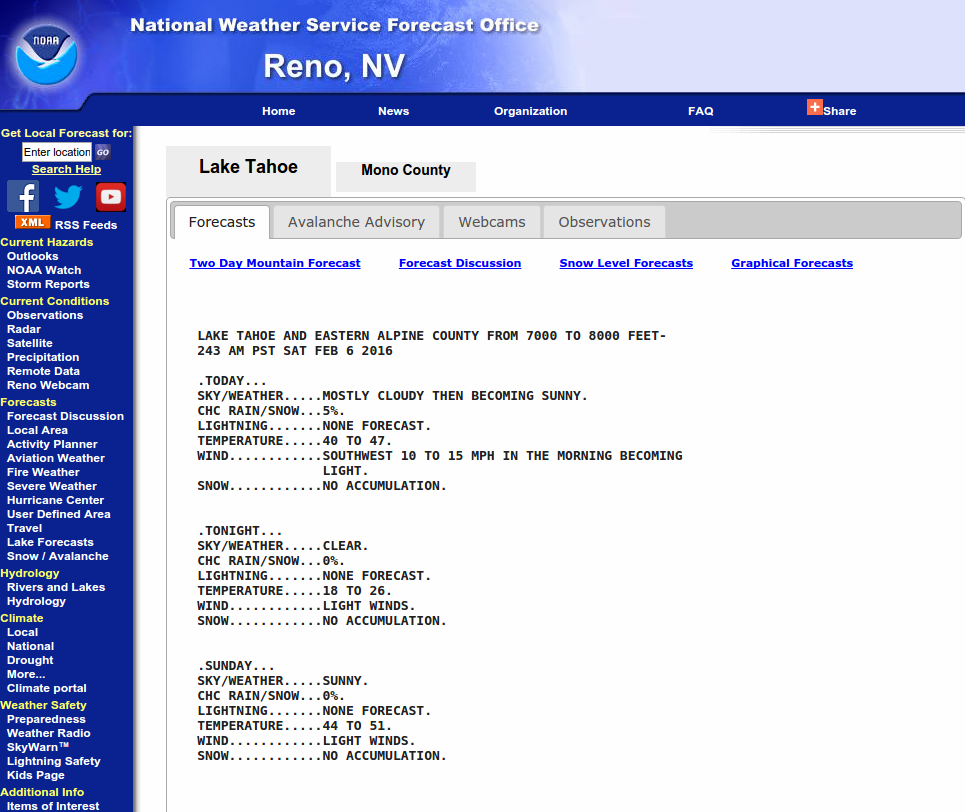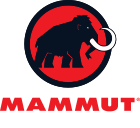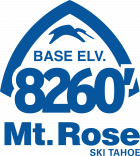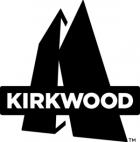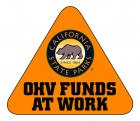
This Avalanche Advisory was published on March 16, 2013:

|
March 16, 2013 at 6:54 am |
|
This morning the avalanche danger is LOW for all elevations and aspects. Pockets of MODERATE avalanche danger may form both above and below treeline on all aspects on slopes 35 degrees and steeper due to daytime warming. Human triggered loose wet avalanches will become possible. |
|
|
|
Forecast Discussion:
The high pressure ridge will remain over the region though the weekend. A cold front passing north of the area should bring increased west and southwest winds and slightly cooler temperatures over the next two days. Above 7000 ft. the forecast calls for daytime highs in the mid to upper 40's this weekend with a few areas reaching into the low 50's today. Aside from a few clouds this afternoon and evening, skies should remain mostly clear and sunny.
Yesterday observations near Frog Lake on Carson Pass showed a thick strong melt/freeze layer above older softer snow that continues to gain strength. The layers of weak sugary snow around the older crusts in this area have also gained strength and have started rounding. Observations in this area did not reveal any signs of ongoing instability. Farther north on Becker Peak soft wet snow existed on all aspects. On the northerly aspects water had penetrated down at least 3 ft. into the snowpack. The layers of facets around the March 6th crust have become moist. These sugary layers have rounded and bonds have started forming between these layers and the snow around them as well as within those layers. Most tests on these once persistent weak layers in this area indicated that starting a fracture in those layers has become difficult and that if fractures do start in those layers they would not travel very far. As the snowpack stays warm these layers should continue to consolidate. If the snowpack cools down again the water present in these layers should refreeze and help strengthen these layers even more.
Avalanche Problem #1: Loose Wet Avalanches
Some loose wet avalanche activity will become possible again today due to plentiful sunshine and warm temperatures. Several days of melt-freeze cycles, slightly cooler daytime highs, and a strong overnight refreeze resulting from clear skies and near freezing temperatures should mean that less wet snow instabilities form today. Human-triggered roller balls, pin wheels, and point releases should comprise most of the wet snow instabilities that do form today. These wet snow instabilities could occur on any aspect at any elevation today. The largest and most widespread wet snow instabilities should form on the most sun-exposed E-SE-S-SW-W aspects.
Something to remember: Persistent Slabs
Data collected over the last several days indicates triggering a persistent slab avalanche has become unlikely. In many areas, the warm temperatures and water percolating through the snowpack have begun to change the sugary snow that comprises these weak layers into rounded snow grains that can form bonds with one another. In some isolated areas tests still show that in the unlikely event that the persistent weak layers do break, the resulting fracture could still travel through these layers. Whether or not these layers will support the additional snow load expected to arrive next week or they will fail and allow a persistent deep slab avalanche cycle to occur will depend on both how much they change before the storm and how widespread those changes are.
The bottom line:
This morning the avalanche danger is LOW for all elevations and aspects. Pockets of MODERATE avalanche danger may form both above and below treeline on all aspects on slopes 35 degrees and steeper due to daytime warming. Human triggered loose wet avalanches will become possible.
Weather Observations from along the Sierra Crest between 8200 ft and 8800 ft:
| 0600 temperature: | 30-38 deg. F. |
| Max. temperature in the last 24 hours: | 43-53 deg. F. |
| Average wind direction during the last 24 hours: | Southwest to west |
| Average wind speed during the last 24 hours: | 10-15 mph |
| Maximum wind gust in the last 24 hours: | 35 mph |
| New snowfall in the last 24 hours: | O inches |
| Total snow depth: | 52-84 inches |
Two-Day Mountain Weather Forecast - Produced in partnership with the Reno NWS
For 7000-8000 ft: |
|||
| Saturday: | Saturday Night: | Sunday: | |
| Weather: | Sunny becoming partly cloudy | Partly cloudy becoming clear | Sunny |
| Temperatures: | 45-52 deg. F. | 23-30 deg. F. | 41-48 deg. F. |
| Wind direction: | Southwest shifting to the west | West | West |
| Wind speed: | 10-15 mph increasing to 20-25 mph with gusts to 35 mph in the afternoon | 15-25 mph with gusts to 35 mph | 15-25 mph with gusts to 35 mph |
| Expected snowfall: | O in. | O in. | O in. |
For 8000-9000 ft: |
|||
| Saturday: | Saturday Night: | Sunday: | |
| Weather: | Sunny becoming partly cloudy | Partly cloudy becoming clear | Sunny |
| Temperatures: | 44-50 deg. F. | 26-32 deg. F. | 43-48 deg. F. |
| Wind direction: | West | West | West |
| Wind speed: | 15-25 mph with gusts to 30 mph increasing to 40 mph in the afternoon | 25-30 mph with gusts to 50 mph increasing to 35-40 mph with gusts to 60 mph after midnight | 25-35 mph with gusts to 50 mph |
| Expected snowfall: | O in. | O in. | O in. |
